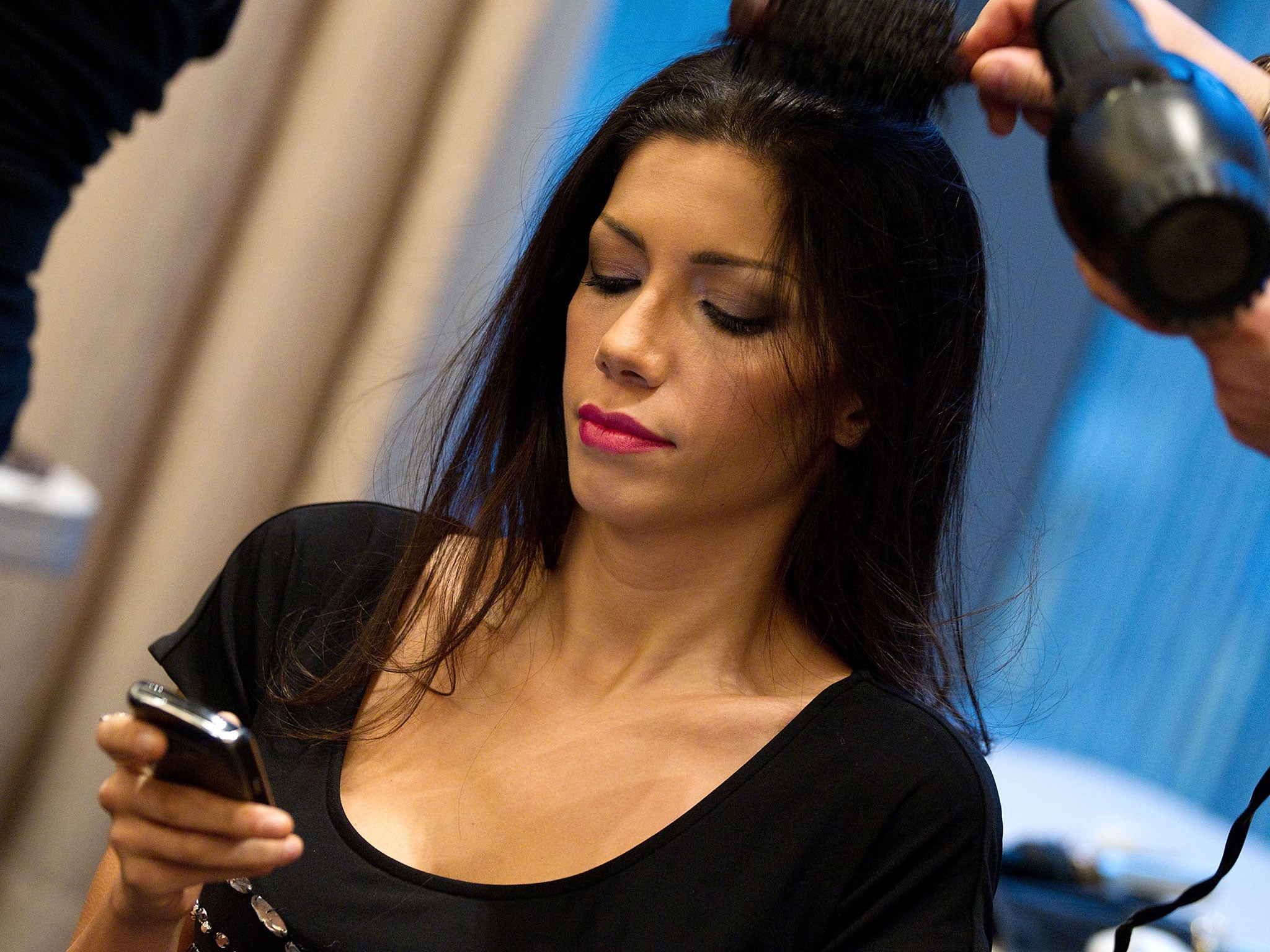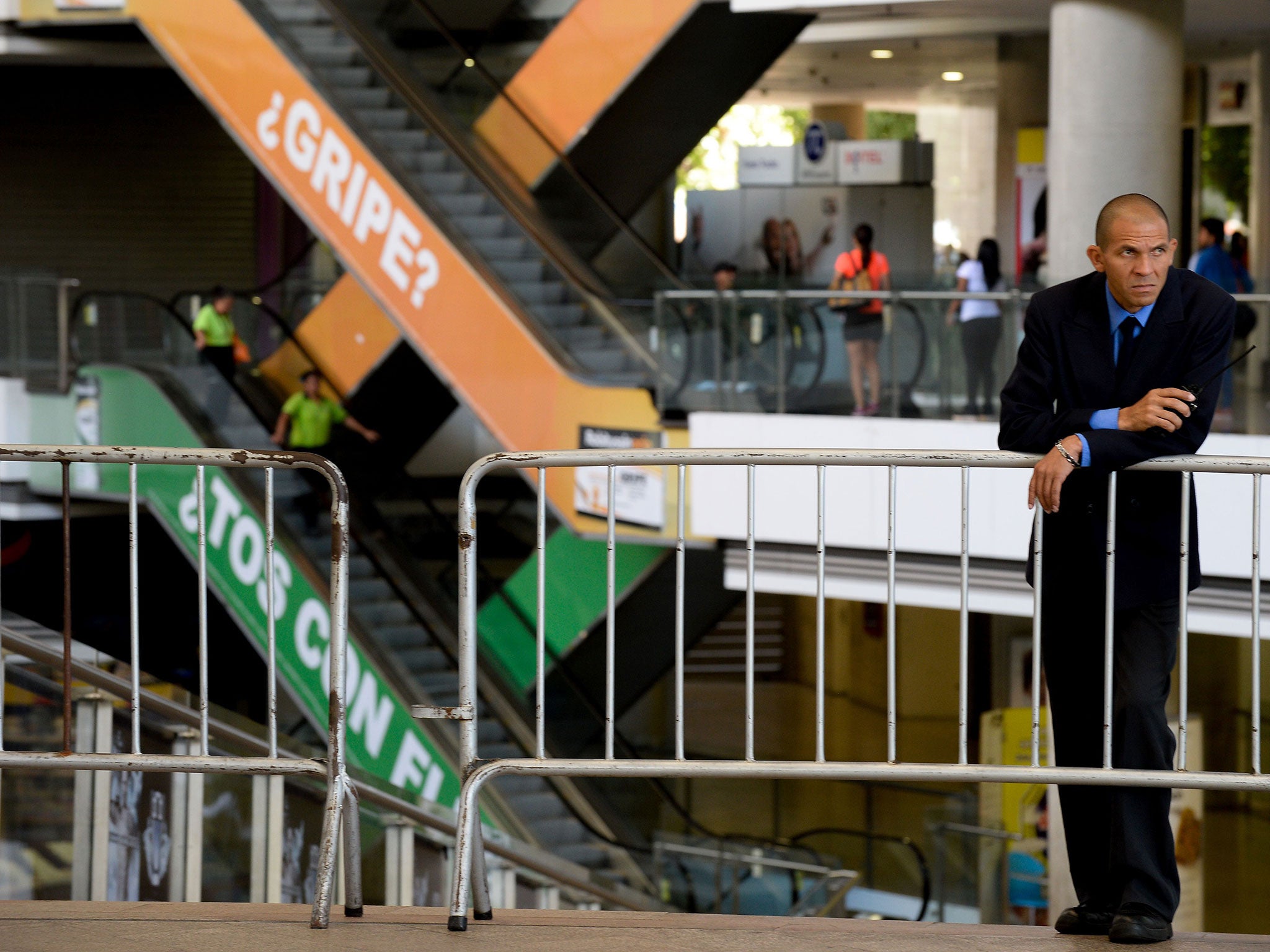Venezuela energy crisis: President tells women to stop using hairdryers and go with 'natural' style to save electricity
'I think a woman looks better when she runs her fingers through her hair and lets it dry naturally,' Nicolas Maduro said

The President of Venezuela has urged women to stop using hairdryers and offered alternative styling tips as the country’s energy crisis continues.
Nicolas Maduro has announced a decree giving state employees Fridays off for two months as part of measures to offset a crippling electricity shortage.
He urged his compatriots to increase other efforts to save power, including cutting appliance use and raising the temperature on air conditioning units.

Recommending that women reduce hairdryer use to “special occasions”, Mr Maduro added: “I always think a woman looks better when she just runs her fingers through her hair and lets it dry naturally. It's just an idea I have."
He also called on Venezuelans to make small changes to their routines, including embracing the tropical heat and hanging clothes out to dry instead of using tumble dryers.
Not everyone welcomed the advice, with one Caracas resident telling Al Jazeera: "If the President thinks that not blowdrying our hair is going to help, then the problem is far worse than we thought."
The government has declared Fridays a non-working day for the public sector for the next 60 days as the economic and energy crisis combine to cause food shortages and long supermarket queues.

Around 70 per cent of Venezuela’s electricity comes from a hydroelectric plant at the Guri Dam, which holds back the Caroni River in the south-eastern state of Bolivar.
Officials have been warning for weeks that the water level behind it has fallen to near its minimum operating level, meaning it may soon have to be shut down entirely.
Mr Maduro’s socialist administration blames the crisis on a drought caused by the El Nino weather phenomenon and acts of sabotage by its opponents, but experts say rationing could have been prevented by investment in maintenance and in the construction of thermoelectric plants.
The President’s emergency measures sparked ridicule from critics, who have predicted an acute recession.

"Just because Maduro doesn't work Monday to Friday, Saturday or Sunday, doesn't mean we Venezuelans are like that,“ said opposition politician Maria Corina Machado.
"What we want is to keep working, and for you, Maduro, to go."
His rambling and sometimes expletive-laden late-night speeches have irked many Venezuelans struggling to make ends meet and desperate for a solution to the crisis.
The South American nation has grappled with blackouts for years, including one that took Mr Maduro himself by surprise as he delivered a national address on live television.
Caracas occasionally shuts down because of citywide losses of power and some rural areas are living mostly in the dark.
Mr Maduro gave workers a full week off in March to save electricity, and cut the hours of more than 100 shopping centres across the country in the previous month.
Together with other measures, he hopes to reduce electricity consumption by at least 20 per cent.
His predecessor, Hugo Chavez, promised to solve the problem in 2010, but little has improved.
Other Latin American countries are also grappling with the drought, though still working normal weeks.
Juan Manuel Santo, the President of Colombia, has been urging citizens to cut back on power consumption to avoid rationing, while the Panama Canal is imposing restrictions on ships as it struggles with low water levels.
Additional reporting by AP and Reuters
Join our commenting forum
Join thought-provoking conversations, follow other Independent readers and see their replies
Comments